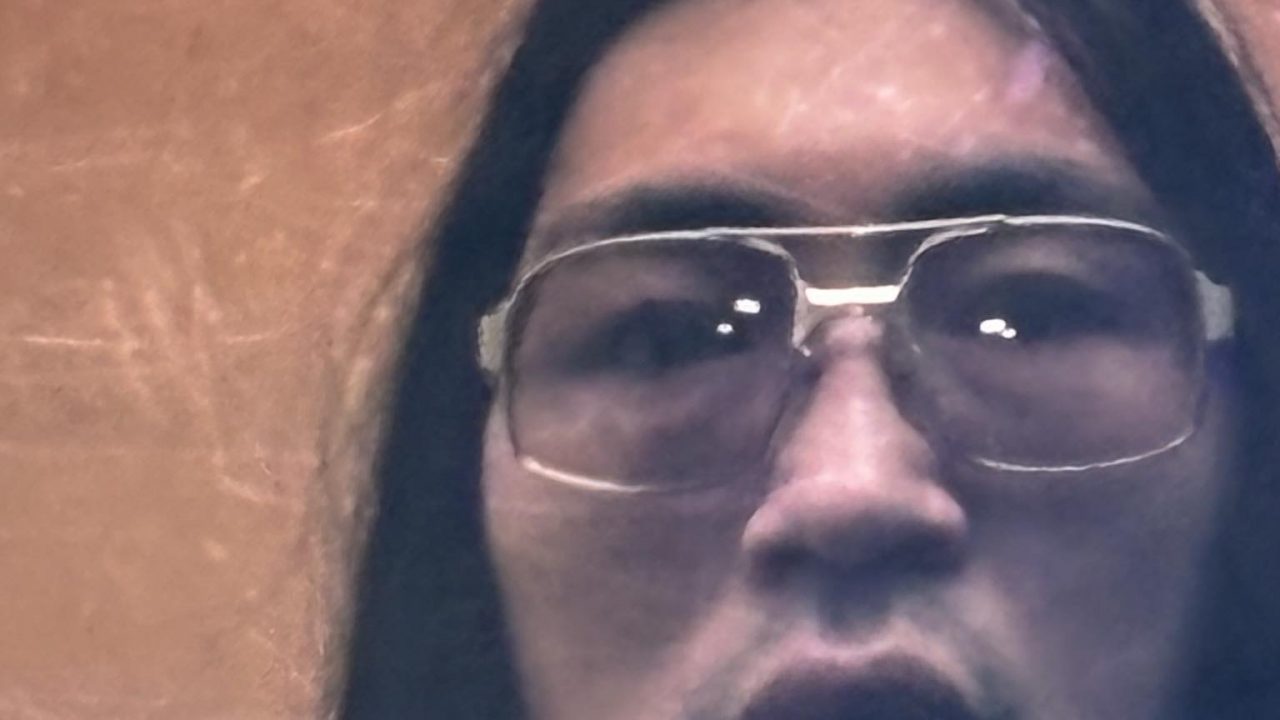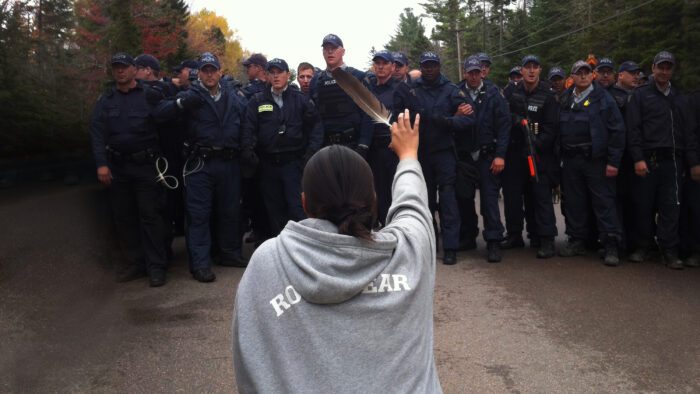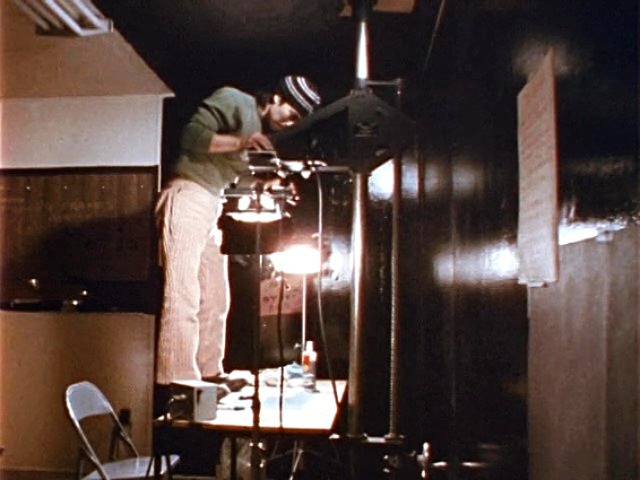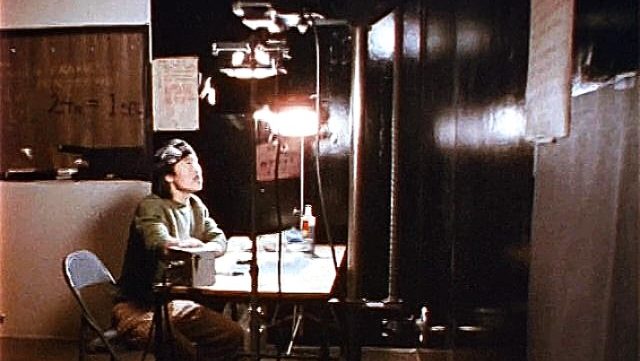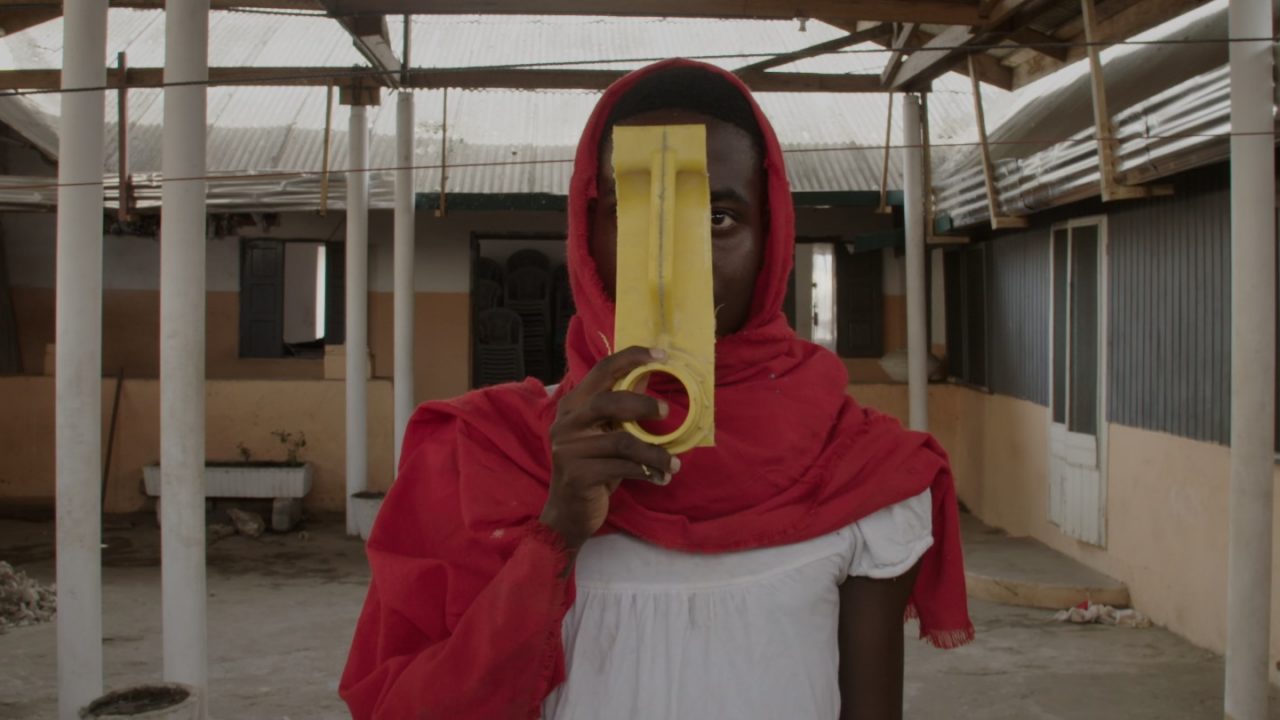
24 Davids: Documentary filmmaker Céline Baril’s poetic trip around the world
24 Davids: Documentary filmmaker Céline Baril’s poetic trip around the world
For her latest documentary, 24 Davids, Baril visited almost a dozen countries to meet people with big ideas on how to change the world. All of them are named David. Here’s our interview with the filmmaker.
WATCH 24 DAVIDS FOR FREE
I know you love to read. How has your reading influenced this project?
I read a lot about science. The work physicists do is amazing to me. When you read about the workings of the universe, it’s like pure poetry. We humans are just a tiny speck in the universe, and that brings you a kind of humility.
At the start of the film, I speculate whether the 21st century will be about philosophy and science, because everything is changing, especially when it comes to work. Technology is advancing everything rapidly. We will need both the humanities and pure sciences like physics to understand where we live. And I don’t mean just the environment. It’s much broader than that: it’s what we have, what we have broken, what will become of us…
There’s this notion of the encounter in your films, especially in this one.
Yes, my films are about encounters. I never know where they’ll take me. That’s my process, my way of doing things. I like the notion of chance, of going on the road and seeing what happens. I love to have discussions, to talk to people and just let the encounter unfold. You have to take the measure of the other person. In general, the discussion meanders. It’s like when you’re on a plane or a street corner, and you meet someone, and suddenly you’re in this totally intimate situation: some very deep things get said. I love that process. I had one “David” in David Bollier, and I sought others. It’s as if I were gradually collecting material for a sculpture. All my Davids are equal. What interests me is that all these individuals that I meet have found a way to live; they’re engaged in their lives. Each David—and there are 24 of them—has something unique. They all have a quality we should all possess: empathy. They can put themselves in someone else’s shoes.
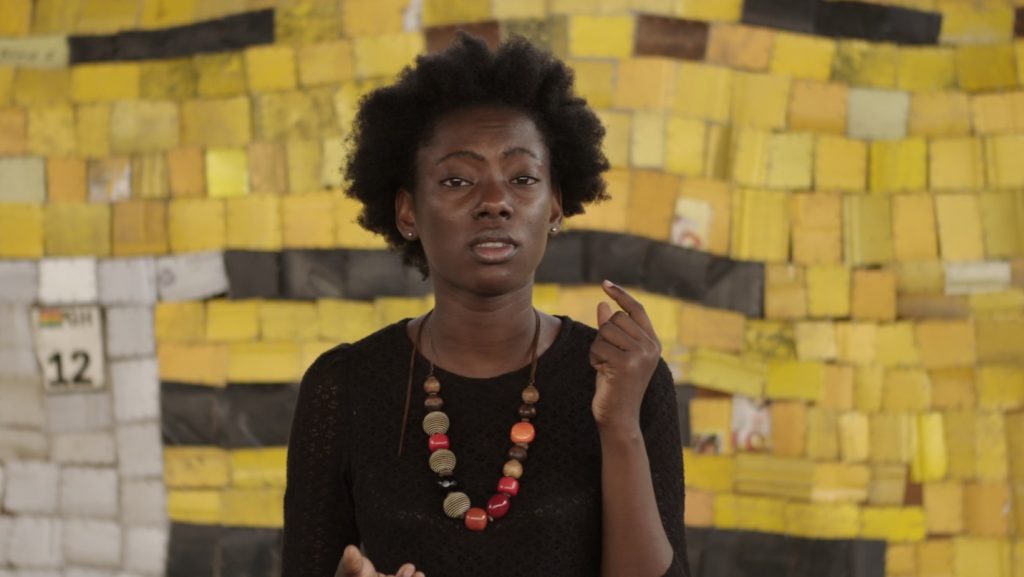
Why “David”? Did you have a lover with that name who made such an impression that you wanted to make a film based on that name [laughter]?
I have never focused on one subject in particular. I move with the times, as if I were always in shooting mode. I wanted to cast a really wide net, but I also needed some sort of framework. I wanted something a little crazy and whimsical and thought of using a name, and I came up with “David.” I was reading David Bollier at that time, and David is a common name in many cultures. The idea of travelling the world and meeting a bevy of different Davids appealed to me. We went to Mexico, Africa, Colombia, and England. I also wanted to include some physicists, and at the Perimeter Institute alone—an excellent physics research centre in Waterloo, Ontario— there were five of them. And there were four others at Université de Sherbrooke! We wanted to go to Africa, where David takes the form of Daoud or Daouda. So my researcher, Pascale Bilodeau, and I started on a quest for all these Davids. The film got rolling and, in the end, it’s as if all these Davids were one, forming a sort of ecosystem of Davids. Without much financial means, all these people just kind of organized, without any organization.
We finished the film in Calais with a small Sudanese man, an anonymous David who wouldn’t give us his last name. The Calais Jungle [which has since been cleared] is emblematic of what’s happening in the world today, with all these people displaced by war, and the millions of climate refugees to come.
This young David in Calais just wanted to live his life, but he had absolutely nothing, could do nothing. His appearance at the end brings us back around to the questions asked at the beginning of the film: the 21st century must be the century of science and philosophy, because with all these great changes, we must ask what it means to be human today—what it means to live in the world.
It seems to me that your film and your approach in general do not fall into the category of activism.
No, the film doesn’t take that tone. What connects all these Davids is my perspective, my outlook on life, the kind of music I want to compose with all that. It was a risky undertaking, but I was confident. The project was a little crazy, and we were worried a few times: some Davids weren’t there or backed out, so we had to find others. The project never stopped evolving. I was the backbone of the whole adventure. I conducted the conversations, trying to get a glimpse of each person’s soul. We filmed the interviews for about an hour, an hour-and-a-half. As we gathered people’s experiences, it became a living thing, very poetic. To be honest, the tone is more poetic than activist. We go from David Dewhurst, a cyberneticist and housing activist from London, to a young man seeking his way in the world by offering hugs to passersby.
You started with the constraint of a man’s name. Would you say that you take a particularly female look at these 24 Davids? What is feminine in your approach?
I’ve never really thought about it. Of course I have a woman’s approach in how I talk, how I like to be with people, and how I want to be in a position of equality. My Davids are all equal. There is never a hierarchy among the people in my films. Maybe that’s my feminine side. There are 24 Davids, but at the core of the film is a woman. I also have my own poetry, my way of filming and editing. My team was mostly women, with the exception of Julien Fontaine, who was the director of photography. But Katerine Giguère was behind the camera in London and Calais. The producer was Colette Loumède, and the production director was Virginie Léger. Pascale Bilodeau did the research. Marie-Pierre Grenier was both my sound technician and sound designer. Marie-Hélène L. Delorme composed the music. So, yes, it was a female team.
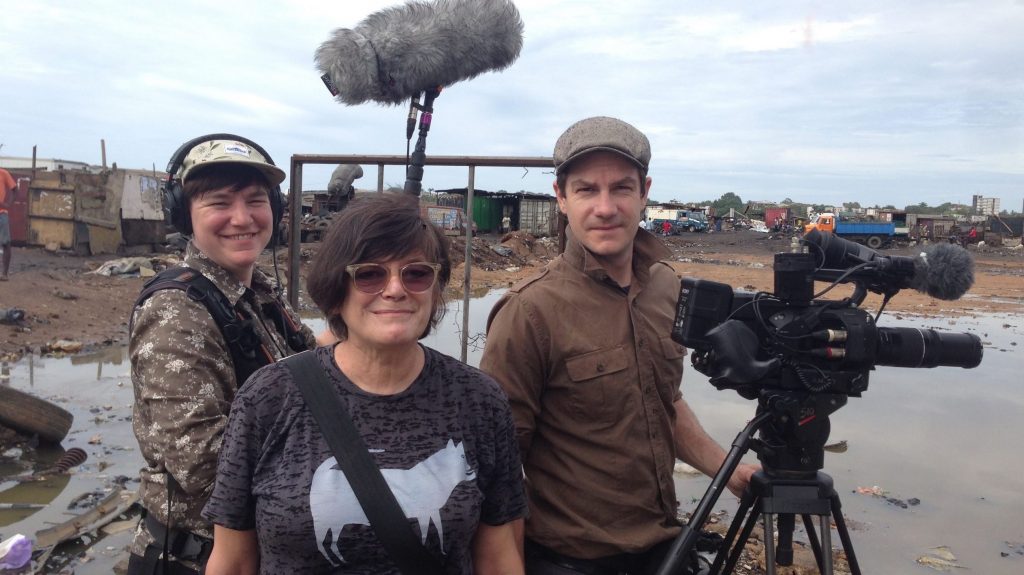
What state of mind do you hope the moviegoer will be in after seeing your film?
You’re bathed in the emotion of all these human beings on different continents. It’s a very basic experience. The people have a radiant and specific identity. It’s all in front of you, and the editing weaves it together. If you let the film draw you in, I think you will get a sense of my process, which is to take an interest in people. Ultimately, you have all these Davids, who display both human values and also practical values stemming from their individual realities. The goal isn’t to elicit awareness, but rather to get closer to poetry and life; to just live and be attentive to what’s around you; and to get a little lesson in humility from the physicists studying the universe and the earth, which is just a tiny speck in the entire system. I’m not defending a subject or a cause. I want people to float in it—in the beauty of the world.
